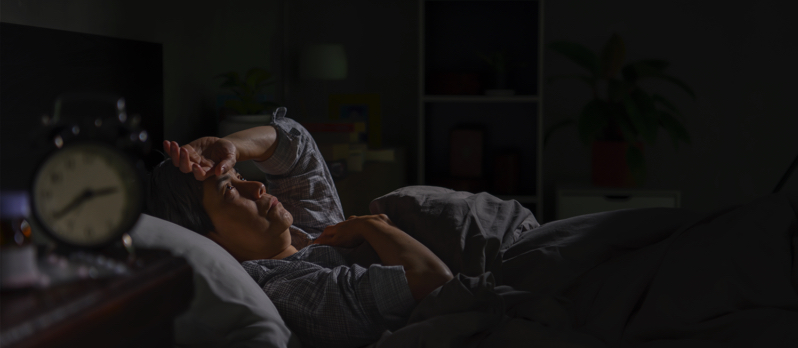
03 Feb Anxiety on the Rise
Anxiety on the Rise
The pandemic has brought death, illness, job loss and job insecurity. Not surprisingly, older adults are more anxious and worried.
Everyone seems to be more anxious these days as we continue to be impacted by social distancing and the economic fallout of the coronavirus. Health care workers and those in the restaurant and tourism industries have been hit particularly hard, but older adults account for some grim statistics of their own.
Older Adults at Risk: Close to half (46%) of older adults in a survey by the Kaiser Family Foundation (KFF) said that worry and stress related to COVID-19 was having a negative effect on their mental health, up from 31% in May. These numbers don’t include older adults in care facilities, where isolation (and the risk of infection and death) are even higher. It’s well documented through numerous studies that loneliness among older adults leads to an elevated risk of premature death, dementia, stroke, depression, anxiety and suicide.
The same survey found higher rates of anxiety and depression among the following groups:
• Those who live alone (27%)
• Women (28%)
• Hispanics (33%)
• Those with annual income under $25,000 (37%)
• Those with self-reported fair or poor health (48%)
Notably, women, Hispanics and people with worse health all tend to fall into lower income categories, and of course those who live alone would be likely to have less income per household than a couple, who might at least have two Social Security checks coming in.
Deaths of Despair: Perhaps surprisingly, although older adults account for 80% of all COVID-related deaths, they are less anxious than any other age group surveyed.
The United Nations warns about a shadow pandemic of “deaths of despair.” In the United States, estimates show an additional 75,000 people will die due to drug and alcohol misuse, or by suicide, from effects of the virus on mental health.
“Undeniably, policymakers must place a large focus on mitigating the effects of COVID,” says Benjamin F. Miller, chief strategy officer of the Well Being Trust. “However, if the country continues to ignore the collateral damage — specifically our nation’s mental health — we will not come out of this stronger.”
Getting Help: Fortunately, assistance is available so you don’t have to go it alone. Here are some ways you can help ward off stress:
• Take care of your body. Stretch, meditate, close your eyes and take deep breaths. Eat healthy meals, exercise daily, and get plenty of sleep. Meditation apps such as Calm can help you relax.
National Suicide Prevention Hotline 1-800-273-8255 or chat online. SAMHSA Treatment Referral Helpline 1-800-726-4727 to find mental health services in your area.




Sorry, the comment form is closed at this time.